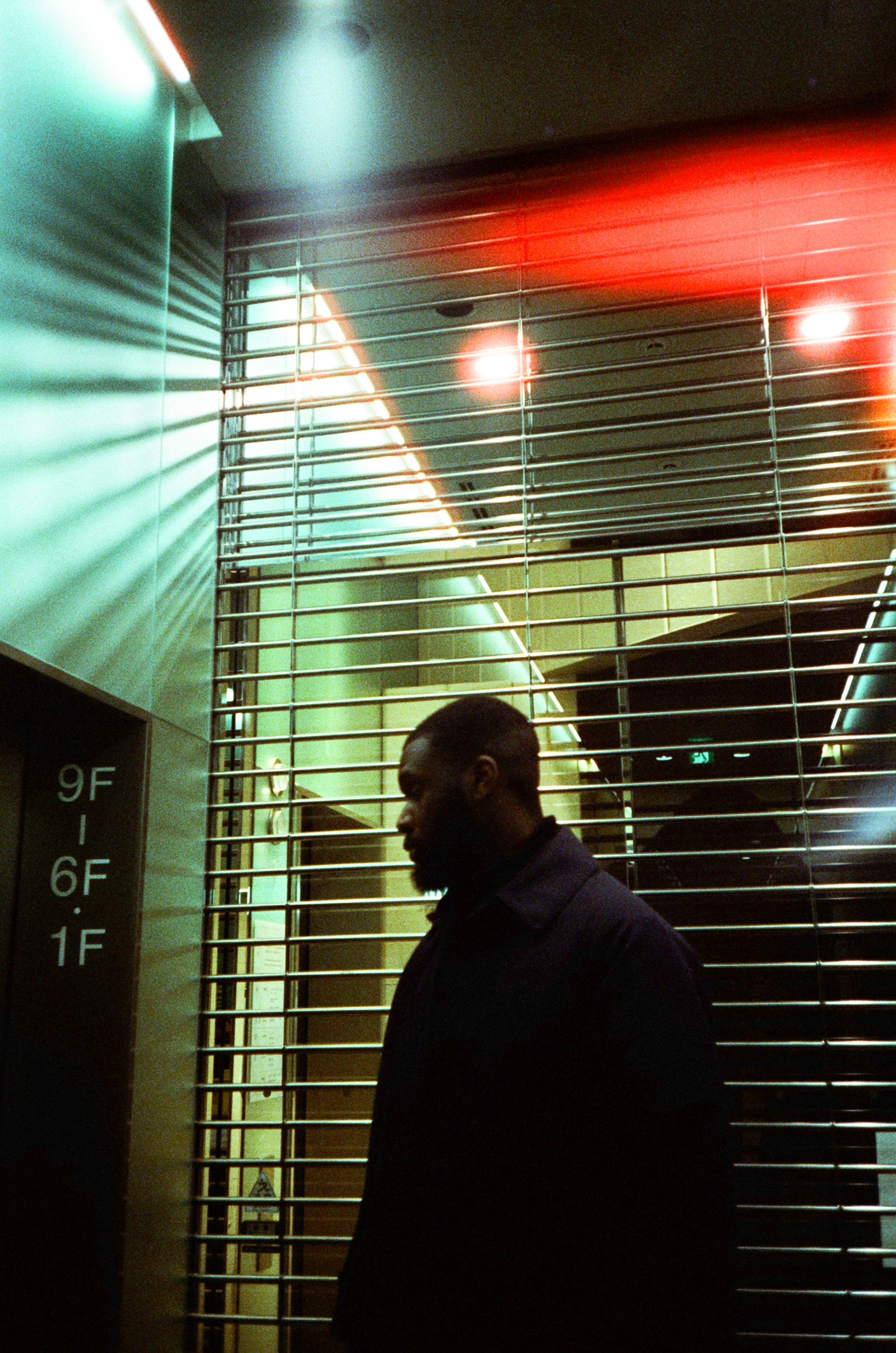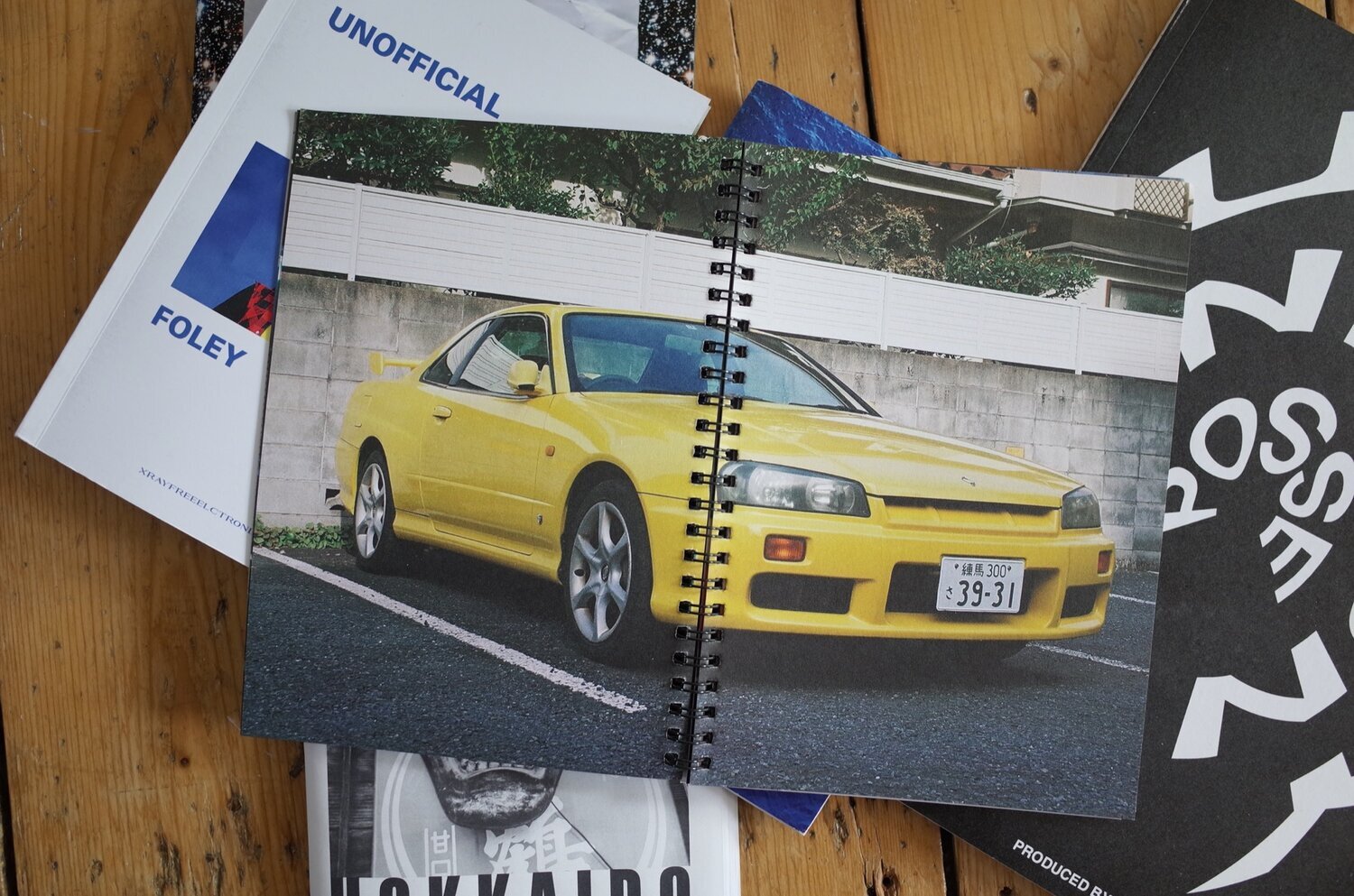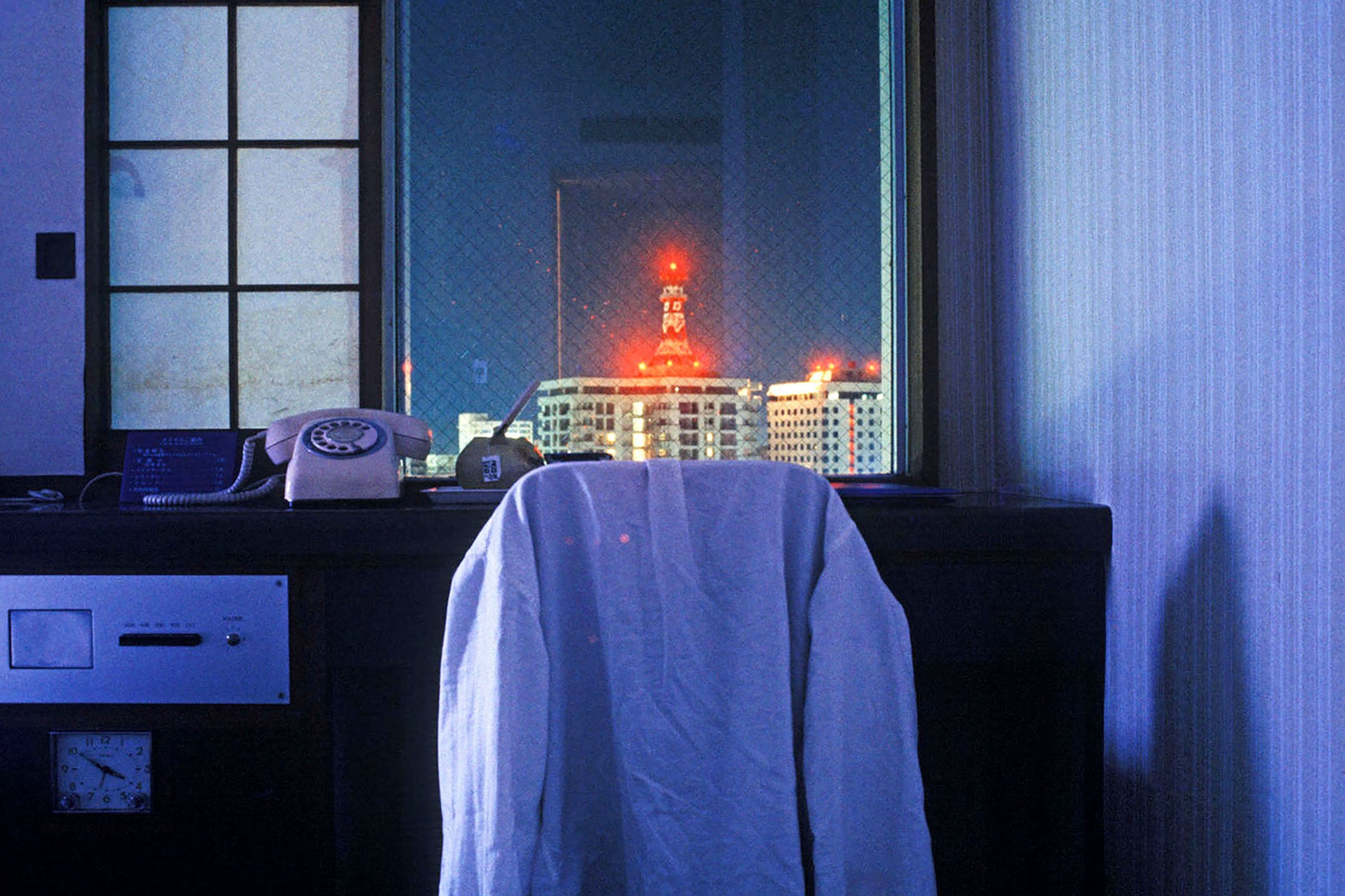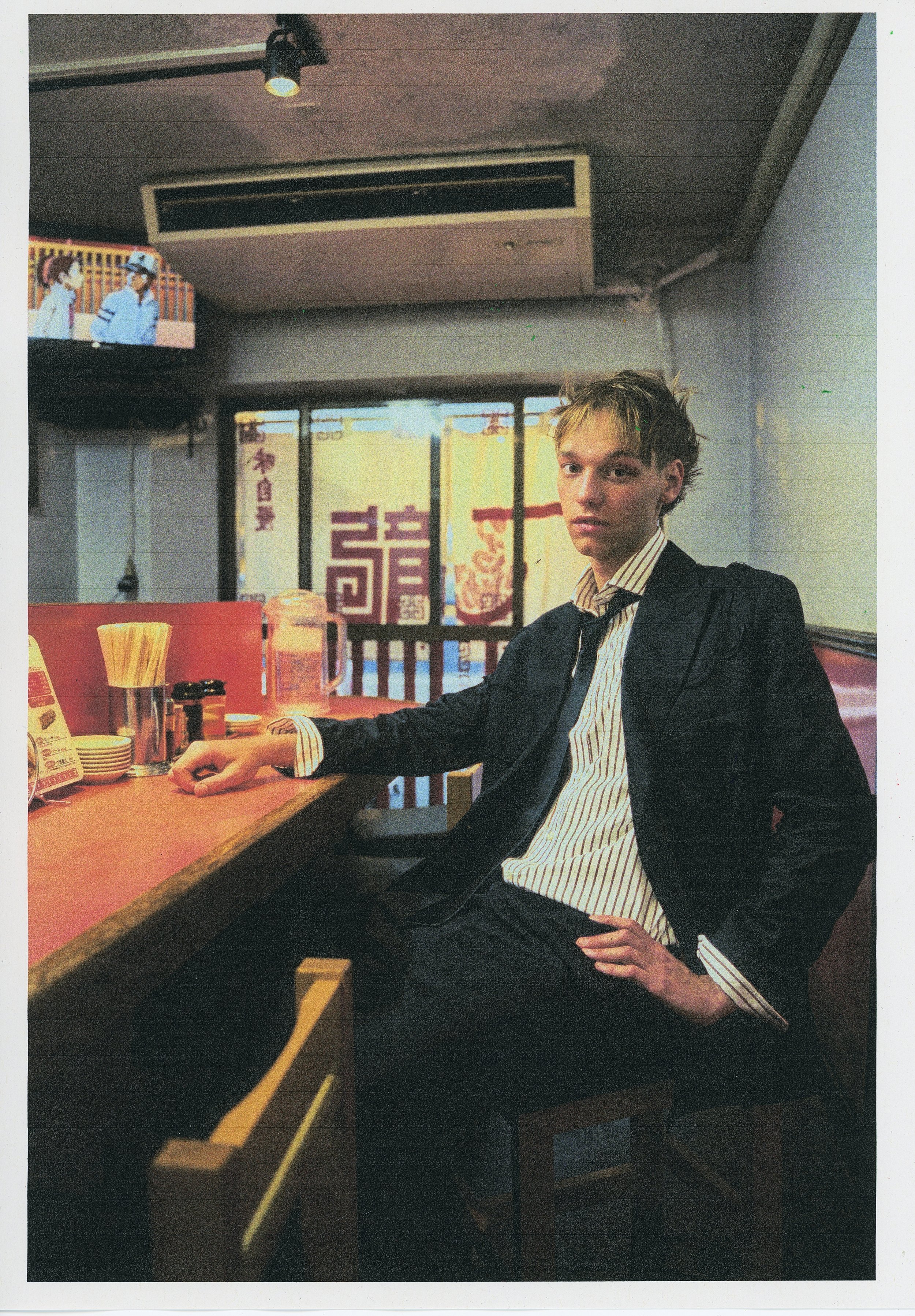Behind the Legitimate Cause: Introducing Bawo
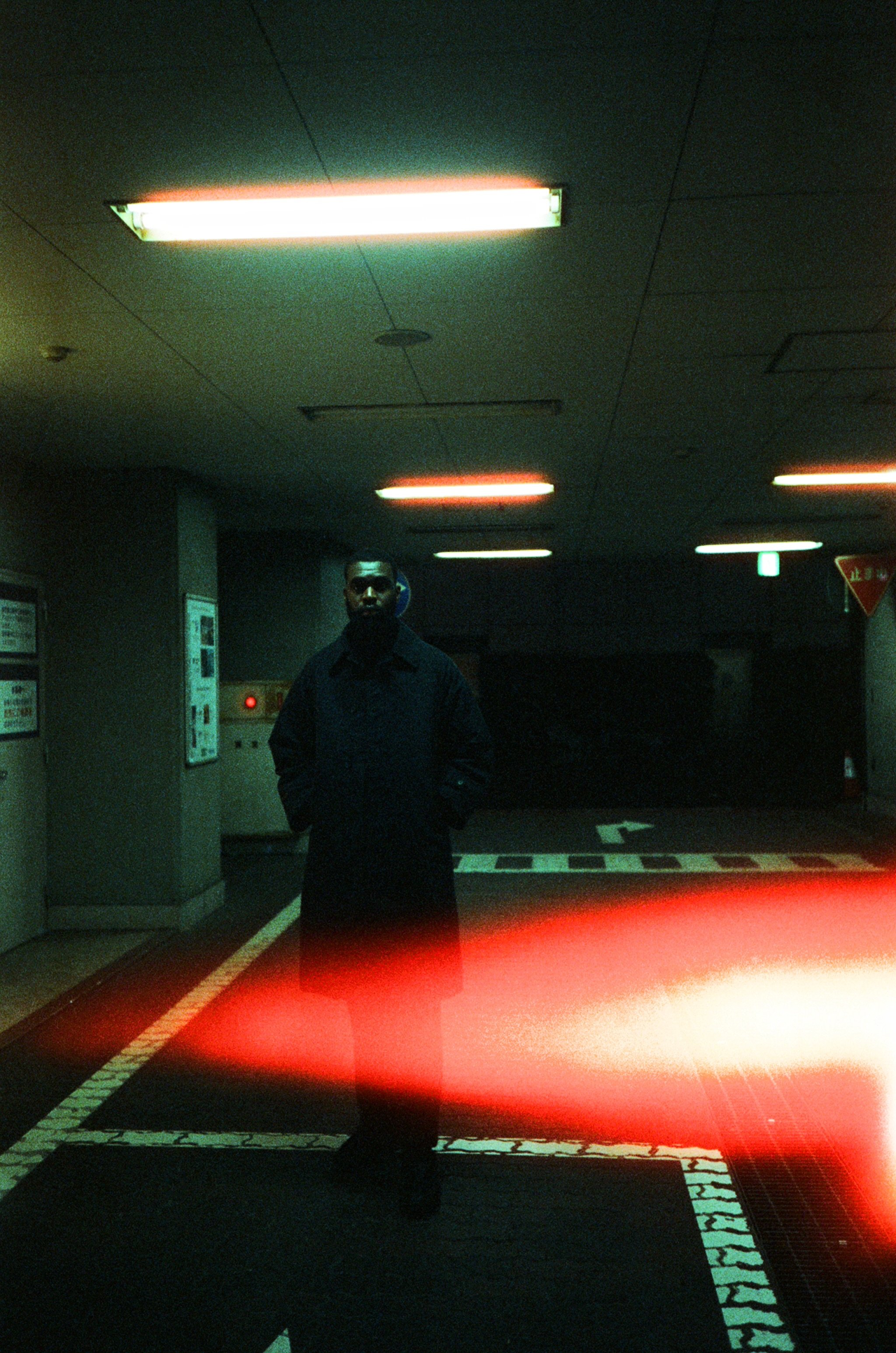
London has long been a melting pot for emerging talents, whether in fashion, music, or other subcultures. In a vibrant and competitive scene where countless artists strive to carve out their own space, one name has consistently surfaced in the realms of music and cultural innovation: Bawo.
A rising star hailing from West London, Bawo’s distinctive sound has been making waves across the UK's dynamic music scene. With a blend of grime, garage, rap, and soul, Bawo’s music captures the attention of those tuned into the latest in UK sounds. If you've been keeping your ear to the ground, you've likely come across his tracks, whether through his solo releases, collaborations with artists like BXKS and Jordy, or his dynamic live performances. No matter the medium, Bawo’s work is marked by a signature style that is unmistakably his own.
For those familiar with Bawo’s music, it’s clear that his artistry is defined by a deep exploration of purpose, drive, and the intricacies of social dynamics. His lyrics, delivered with a voice full of intent and a cadence that demands attention, often addressing life’s bigger questions, resonating with listeners who seek more than just a beat to move to. While his influences are rooted in the UK’s rich musical traditions, Bawo has also cultivated a unique connection with Japan, collaborating with Tokyo-based artists like ISLND from the collective Sound Sports. Real ones remember their track ‘Let’s Keep It’. This cross-cultural exchange has infused his music with fresh perspectives, blending the best of both worlds into a sound that’s both innovative and deeply reflective.
Bawo’s creative journey doesn’t stop at music. His involvement with Japan has seen him forge meaningful collaborations and build connections that extend beyond the studio. From his time spent in Tokyo to his work with local artists and brands, Bawo is a bridge between the creative scenes of London and Japan, pushing boundaries and exploring new artistic frontiers.
Most recently, Bawo has been making significant moves with his production company, Say Nothing Records, where he continues to shape his musical legacy. As he embarks on this exciting new chapter and continues to evolve, his work remains a testament to his ability to find beauty in the everyday and transform it into something truly original. Now, dive into our interview with Bawo, where we sent our writer and musician Namani to learn more about the inspirations, challenges, and aspirations that fuel one of the most compelling voices emerging in music today.
Hi Bawo, can you please briefly introduce yourself to the Sabukaru Network?
Wagwan Sabukaru. My name is Bawo. I’m very much an artist, and I do my best to make art.
So in your Spotify bio, you state that the ‘origin of frequencies originated in the Itsekiri tribe - Delta State, Nigeria’. Would I be right in assuming you grew up in Nigeria?
Nah I didn’t. I was born and raised in London but we used to go to Nigeria every year for at least four to six weeks so I would spend holidays there sometimes - if not summer, then Christmas. Spending Christmas in Nigeria was confusing as a kid though because it was bare hot so you wouldn’t even realise it was Christmas then suddenly a parade is going on and Santa’s out there in the heat. But, like many people in London who are first-generation, my parents are Nigerian and everything at home is Nigerian. I was always in touch with that side of myself. So vicariously through my parents and visiting Nigeria, kind of, but nah - I grew up in London.
Wow okay! So concerning the specific times you would visit Nigeria, what in particular stood out to you & had a helpful impact on yourself?
I think the culture around being an absolute kid as well as the emphasis on respect for elders was one. The way people dressed up and put everything into different kinds of ceremonies that would go on for days, whether it's a wedding or a funeral was another as well because that sticks with you, especially when you're out there. I just have early memories of being aware of music, even if I wasn't talking to someone, just sitting on the chair and listening to whatever tunes were playing in the function struck a chord. Also, I was in the presence of a culture that I wasn't seeing anywhere else except in my immediate surroundings. That was also helpful because I didn't feel like I completely fit in my school being the only black boy with a name like mine, you know what I mean? So it answered some stuff for me in terms of having one foot in and one foot out. But yeah, I just remember being present and thinking, okay, the whole world isn’t England. I wouldn’t be able to make the music I make now how I do if it were not for that side of myself one hundred per cent. Home is where it starts.
That is truly amazing. How would you say this lived experience of yours then has influenced you and your craft?
Rhythm. Rhythm is so important. When I think of Africa, I think of Pulse and the earth as a living being. Not saying like, you know, Africa is the be-all and end-all or is the best place ever but that's where I'm from. That's where I’ve been growing up so naturally I felt more in touch with Earth. When hearing music there in that way, especially when it's played live, it's just so intertwined with how they live. How we live. So I think it has given me the ability to be. That's where my flows come from, you know what I mean? I really just have fun with flows and that 100% comes from being Naij.
I completely agree with you. The authenticity of your flows is so outstanding. It’s a huge part of the reason why I feel like that sort of rhythm cannot be replicated - it is innate. Concerning that, what were your earliest memories of making music?
Thank you, man. My earliest memories of making music would be school days. So, on one hand, at age 13/14, everyone in the playground is writing to grime beats and sending them around on Bluetooth. But I used to rap about cruddy stuff that I wasn't doing, so my boys weren't trying to hear it…but I still thought I was hard. And then separate from that, some of us would go and make beats at lunchtime. I stopped playing football for like a year, maybe like year 10 or year 11, for two years and just started making beats in this room. I definitely wasn't one of the best, but that got me familiar with Cubase and I just used to watch the other man that were wicked at it. It was just so weird to me that you could move sounds around on a screen like that. It was mind-blowing. But yeah, those are my earliest memories.
Damn. How would you describe the music you make in a sentence for anyone who has never heard of you?
Hmm…an honest attempt (laughs). I don’t mean for that to be crazy brief but that is what it is.
Hahaha. Honestly, the more authentic, the better. Initially, you started releasing your music on SoundCloud and later moved on to DSPs. How did things evolve to the point where you knew you would make a killing off of making music? Like in a professional sense?
That is a big compliment. I wouldn’t even describe it like that myself. I guess you only know as much as you know. I just wanted it so long that I had to make it the case. I didn't have a choice but to make it my reality. And I felt like to have that feeling of a calling for so long, it can't be for no reason. Not to say that it's looked like what I thought it might in my head at any point. There's definitely a big part of letting God do what God does and you sort of figure out what it's meant to be as you go along. But yeah, I've just been lucky to have that feeling of music for my whole life. Regarding the move from SoundCloud to major DSPs though, I knew that things were changing. When I was growing up, everyone's buying CDs. By the time I started recording, it's streaming and it's like, oh, what's this new thing? And I knew that obviously, tens of thousands of people were dropping songs every day. So I had to level myself and be like, all right, it's time to stop rapping about the club and stuff you're not doing and have a real story here. Especially if I did get attention, it had to be because of a real story. And yeah, it got to a point for me where I had to just sort of commit, you know. Make that jump. Otherwise, I would be doing other things that I didn't necessarily love…for the rest of my adult life.
That’s genuinely so inspiring Bawo. The first song that I ever heard from you was ‘You Get It’ produced by El Londo. It was lockdown in 2020 and I still remember how that song made me feel to this day - free and like I could tackle any problem that came my way. It seems to be a pattern as I get a similar feeling when listening to most of your songs. How do you go about expertly conveying your feelings and emotions over beats? Would you say you have a specific mindset/technique you approach creating with?
Umm…nah. I don't even have a specific technique. I just had to, you know, get better and better at making sure at least every line is good and has no filler bars. Like I genuinely trained myself to be able to just write. If someone said to me, write a verse to this beat, I worked to a point where I could just do that and write about anything. I could write about the screen, the car or something real. Then it was about, okay, now I can write, let's actually make it mean something do you know what I mean? So in terms of technique, that's how I was approaching it. Sometimes people zone in and out of lyrics so if I got a banging beat, I was pretty set in that sense - now I just have to do the flow and lyrics. If you zoned out and were not listening to lyrics, the beat and the flow would make you dance. But if you zone back into the lyrics, for just one bar, it can't be a dead bar. That's how I looked at it. Of course, at times it was a bit strenuous but I was making a song like every other day. I’d get home and force myself to record. And I won't lie, for a lot of it, it wasn't fun because you feel like you're trying to itch something and you can't get whatever this itch is. And at points, I was like, am I just fooling myself? But it takes time. With ‘You Get It’ met Londo
That is so real. So from 2020 through 2022, you methodically released a plethora of singles. What was your work ethic like during this time? Did you always have a specific plan you stuck to or did you release it whenever inspiration struck?
It’s hard to remember exactly but it was calculated. I think maybe one or two things were dropped pretty soon after making them. By the time I started releasing songs, I’d already recorded a couple hundred demos and I didn’t like them all, or at least I would have liked them because I made them but I knew they weren’t all good enough for the shelf let’s say. So it became a thing where I would release older songs alongside newer ones and that took a lot of pressure off of me having to create 5-star music all the time because I’d made stuff from like three or four years ago that hadn’t come out yet.
Words by Ugonna Amadi
Photos by @mazullah




